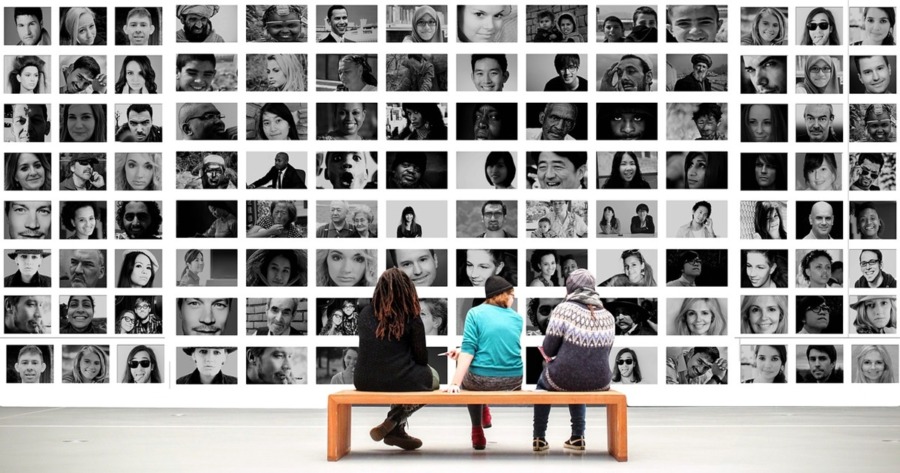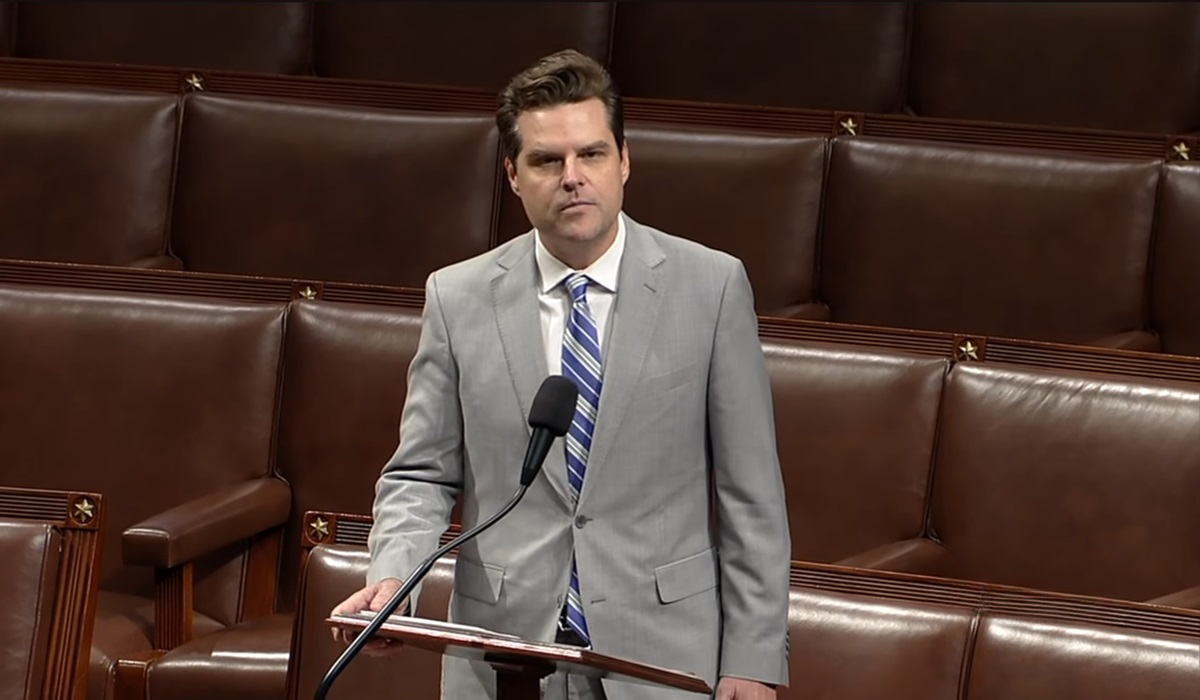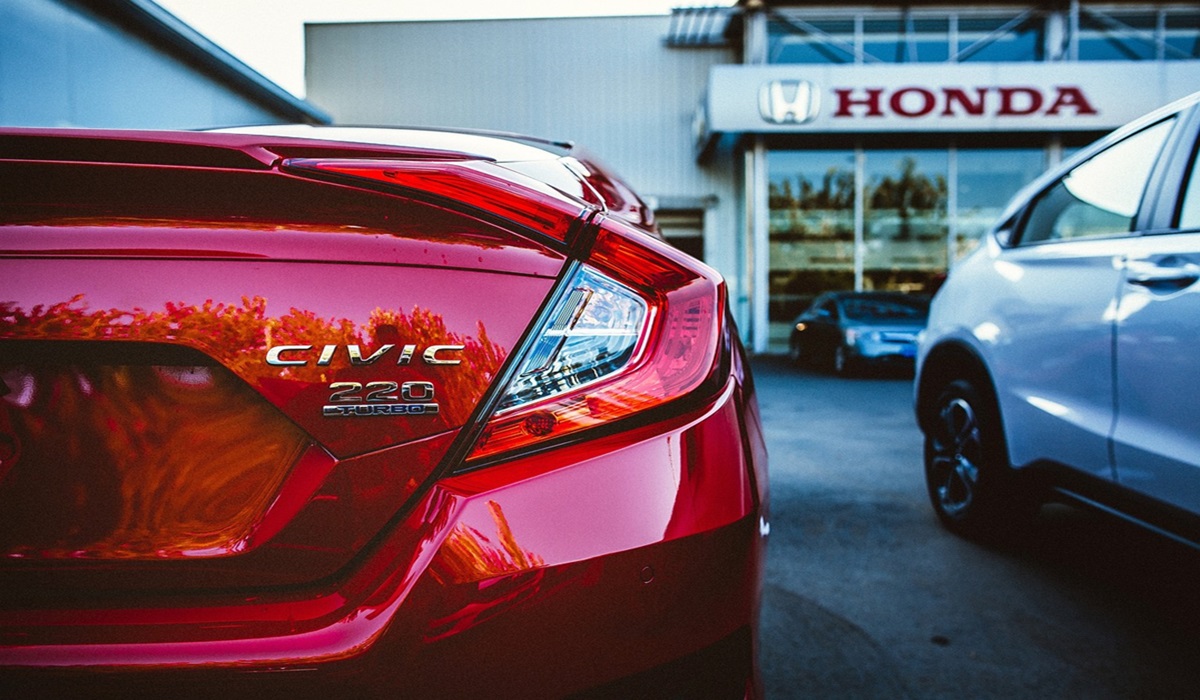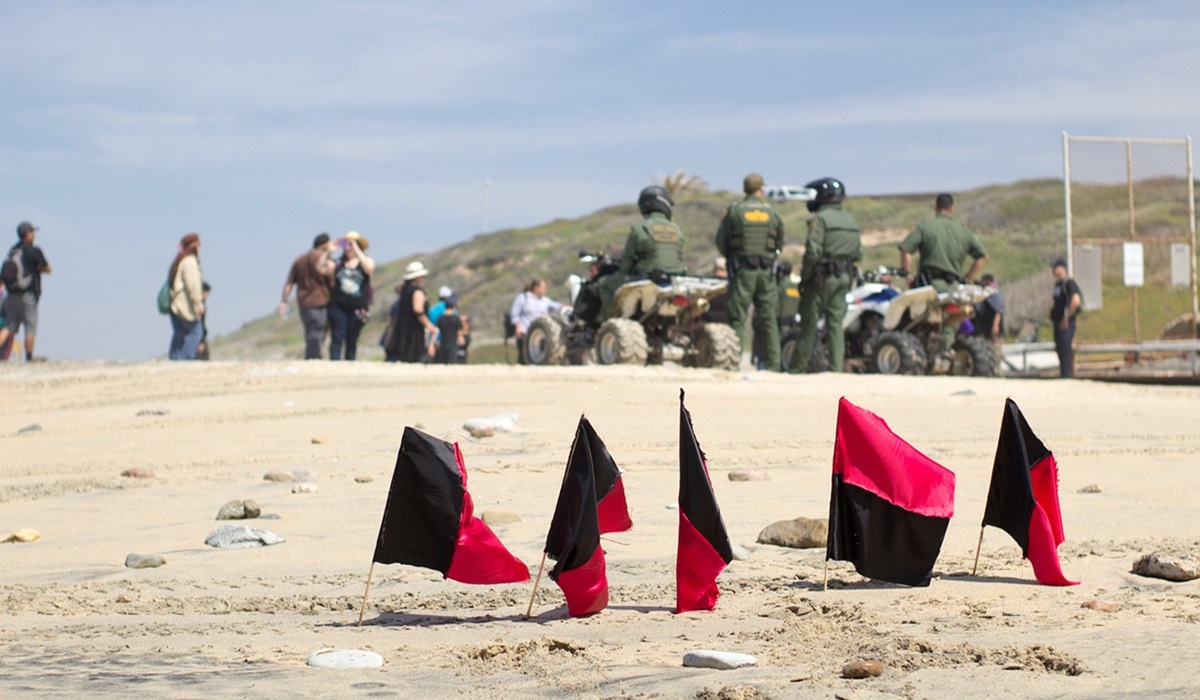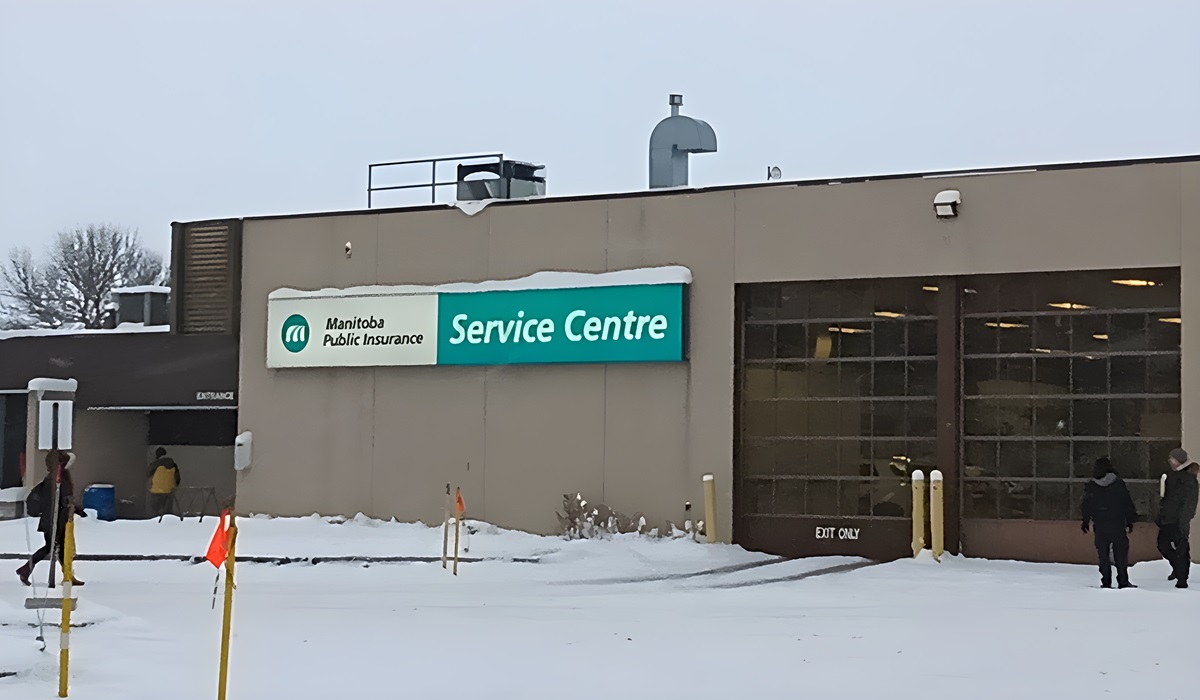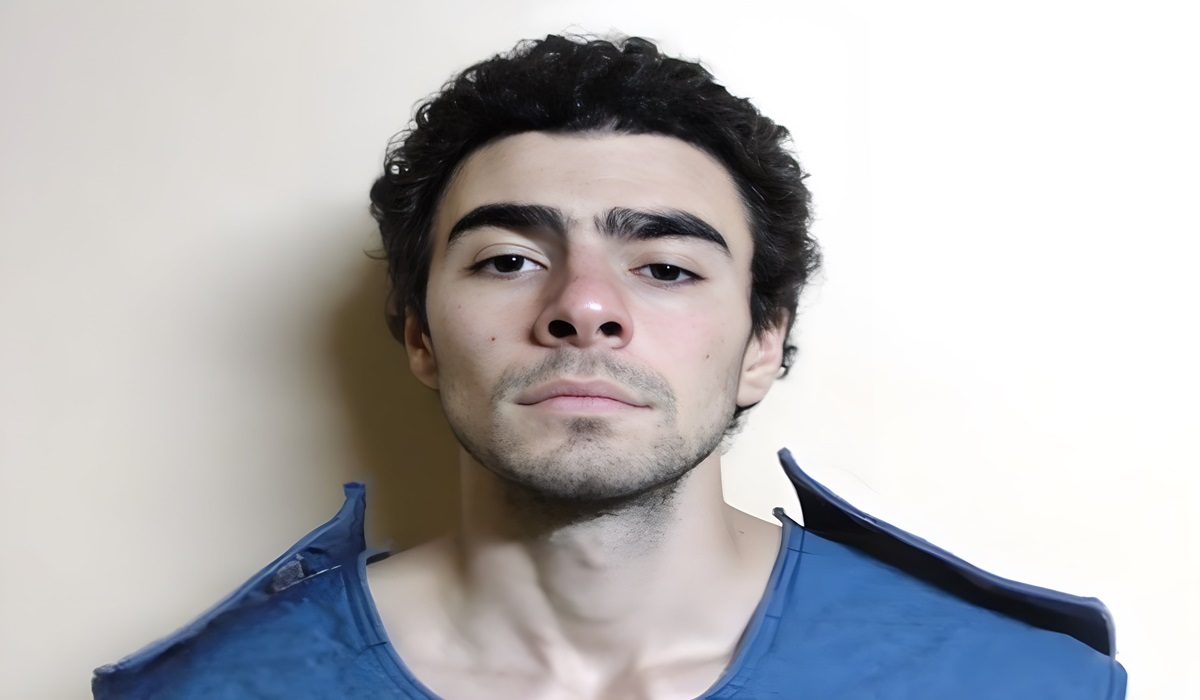In an ideal world, equality would be a fundamental truth that unites all of humanity, transcending the divides of gender, race, hierarchy, society, athleticism, income, sexual preferences, religion, and geographical location. However, the stark reality of our world reveals a stark contrast to this ideal. Inequality is deeply embedded. expected and accepted in our societies, and despite centuries of striving for a more just and equitable world, true equality remains elusive.
One of the most persistent forms of inequality is gender-based. Women, despite significant progress in recent decades, still face disparities in many aspects of life. The gender pay gap, limited access to leadership roles, and the prevalence of gender-based violence are just a few examples. While feminism and the women’s rights movement have made considerable strides, gender inequality remains a profound issue that society continues to grapple with.
Racial inequality is another deeply ingrained issue, with its roots tracing back to centuries of discrimination and oppression. Despite the notion that all humans are created equal, racial disparities persist in various forms. The legacy of slavery, colonization, and systemic racism continues to cast a long shadow over society. Inequities in areas such as education, employment, criminal justice, and healthcare disproportionately affect marginalized racial groups.
Societal hierarchy and class divisions further exacerbate inequality. The distribution of power and resources is uneven, with the affluent and privileged maintaining their dominance. Social classes perpetuate disparities in wealth, access to quality education, and opportunities for social mobility. The gap between the wealthy elite and the working class grows ever wider, intensifying social divisions.
Even within the realm of sports and athleticism, inequality rears its head. Those born with natural talents and physical advantages have a head start in competitive sports, leaving others to struggle for recognition and access to resources. Athletes from underprivileged backgrounds often find themselves at a disadvantage, lacking the necessary support to reach their full potential.
Income inequality is a glaring issue in the contemporary world. The gap between the rich and the poor has reached staggering proportions, with the wealthy elite amassing unprecedented wealth while many struggle to make ends meet. This divide in financial resources perpetuates disparities in education, healthcare, and overall quality of life.
Discrimination and prejudice based on sexual orientation continue to divide societies. Despite the progress made in LGBTQ+ rights in some regions, many individuals still face discrimination, persecution, and violence due to their sexual preferences. This inequality is often fueled by societal attitudes, religious beliefs, and legal systems.
Religious diversity, which should ideally be a source of enrichment and understanding, has often been a cause of division. Throughout history, religious differences have led to conflicts, discrimination, and persecution. Religious beliefs, when used to exclude or denigrate others, perpetuate inequality.
Geographical location plays a significant role in shaping one’s opportunities and quality of life. Disparities in infrastructure, access to education, healthcare, and employment opportunities are stark when comparing urban and rural areas, as well as different regions of the world. The global North-South divide exemplifies the challenges of geographical inequality on a grand scale.
Recent global events, such as ongoing conflicts and the divisive rhetoric in the halls of power, underscore the persistent nature of inequality. Despite the progress made in various areas, we are far from achieving true equality. As much as we may strive for a world where all individuals are treated with fairness and respect, the reality is that behaviors and attitudes are often passed down from generation to generation, perpetuating the cycle of inequality. It is a disappointing truth that we must confront if we hope to make genuine progress towards a more equitable world.
Inequality, in many ways, becomes a self-sustaining cycle. Children often inherit the socio-economic status, prejudices, and opportunities of their parents. Those born into privilege are more likely to have access to quality education, healthcare, and other advantages, while those born into disadvantaged circumstances face hurdles that are difficult to overcome. Thus, the gap widens as each generation is affected by the outcomes of the previous one.
One of the root causes of inequality is the perpetuation of a superiority complex. Throughout history, dominant groups have established themselves as superior to others based on race, gender, religion, or social class. This ingrained sense of superiority is often passed down through generations, leading to discrimination and a perpetuation of inequality. These attitudes are deeply ingrained in our societies and continue to inform our collective behavior.
The enduring struggle for equality is a testament to the resilience and determination of those who continue to fight for justice. While the road to true equality is long and fraught with challenges, the very fact that we are discussing these issues and striving for a more equitable world is a sign of hope. Change is possible, even if it is gradual.
To address the complex web of inequality, it is crucial to recognize the deep-seated nature of these disparities. Real progress requires a multi-faceted approach. Education and Awareness play a pivotal role, promoting understanding about the various dimensions of inequality, fostering critical thinking, empathy, and open dialogue. Additionally, Legislative and Policy Changes are imperative, advocating for laws and policies that promote equality and justice, including anti-discrimination measures, equal pay legislation, and the establishment of social safety nets.
Simultaneously, Community and Grassroots Initiatives have a significant impact on bridging the gaps and uplifting marginalized communities, contributing to a more equitable society. Challenging Norms is essential, encouraging individuals to question and challenge societal norms and stereotypes that perpetuate inequality, while actively promoting diversity and inclusion across various aspects of life. Furthermore, Global Cooperation is vital, especially in addressing geographical inequality, necessitating international collaboration. Developed nations can support developing countries by providing aid, facilitating technology transfer, and assisting in infrastructure development. Lastly, Parenting and Education also play a critical role, urging parents to instill values of equality and fairness in their children, while schools and educational institutions should actively promote tolerance and diversity.
The generational transmission of attitudes and behaviors and the perpetuation of superiority complexes make it challenging to achieve true equality. However, the fact that we continue to address these issues and work towards a more just world is a testament to the resilience of humanity. While we may never completely eradicate all forms of inequality, the pursuit of equality is a noble and essential endeavor. As we strive for a more equitable future, we must remember that every step taken towards justice is a step in the right direction. It is a journey that requires the collective effort of individuals, communities, nations, and the global community to break down the barriers that divide us and promote a more just and inclusive world.

